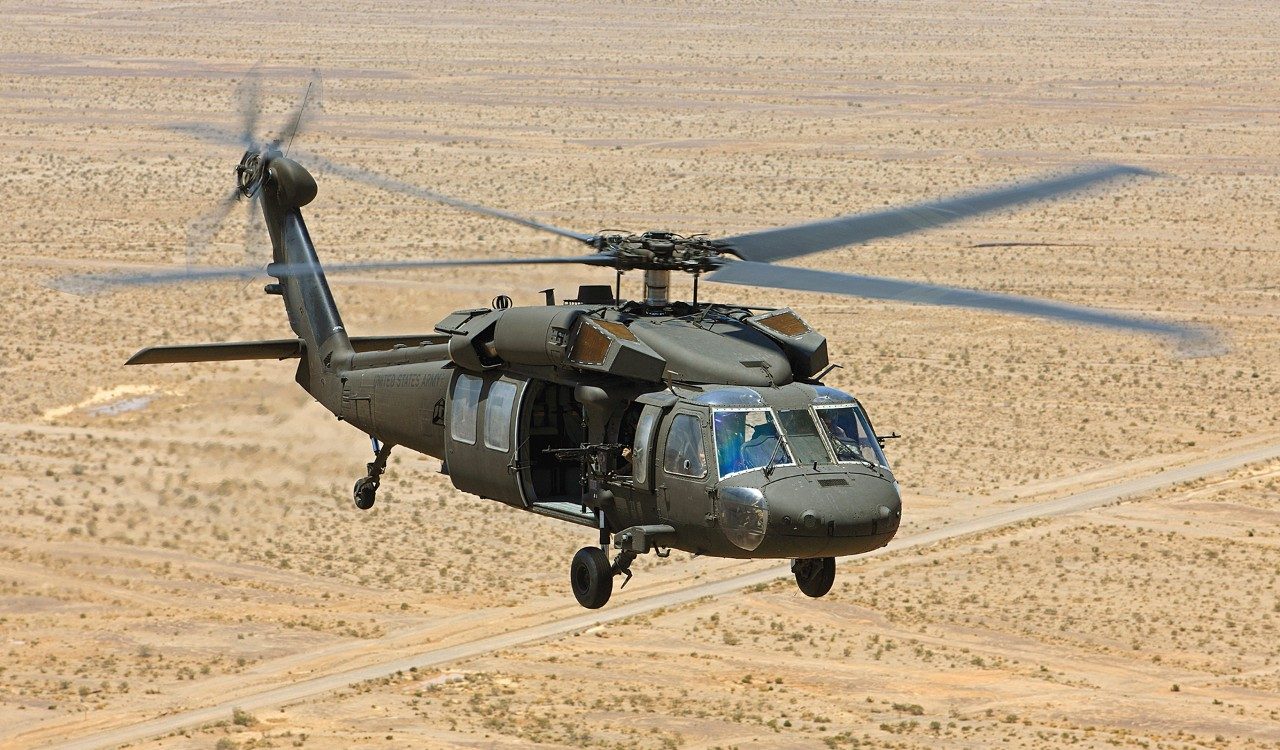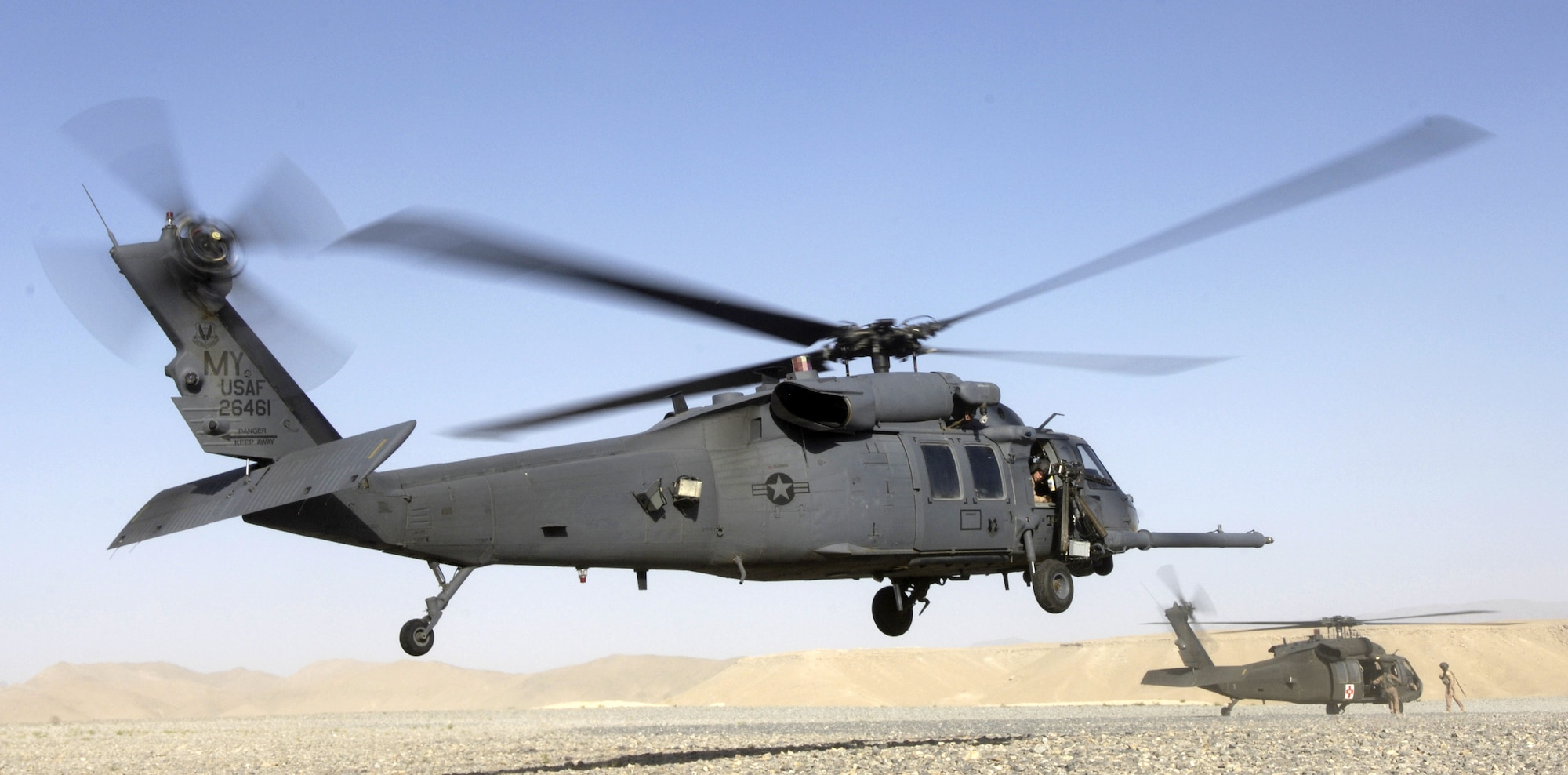UH 60 Black Hawk Helicopter Variants and Their Usages
UH 60 Black Hawk Helicopter Variants and Their Usages
Blog Article
The Impact of Sustainable Practices on the Future of Aircraft Operations and Emissions Decrease
As the air travel industry deals with increasing examination over its environmental impact, the fostering of sustainable practices becomes an essential path toward future airplane operations and exhausts reduction. Technologies in sustainable aeronautics fuels and advancements in crossbreed propulsion innovations stand at the leading edge of this change, appealing considerable reductions in greenhouse gas exhausts. Nevertheless, the successful integration of these efforts rests on a range of factors, including regulative frameworks and sector cooperation. The inquiry remains: just how will these evolving methods improve the dynamics of air traveling and contribute to a much more lasting future?

Overview of Sustainable Practices
Sustainable practices in aircraft operations incorporate a variety of techniques focused on lowering ecological influence while keeping operational performance. These methods are essential in the aeronautics industry's commitment to reducing its carbon impact and sticking to worldwide environmental criteria. Secret initiatives consist of maximizing flight paths to decrease fuel consumption, boosting maintenance procedures to make sure airplane run at peak effectiveness, and executing advanced technologies such as winglets and light-weight products that improve aerodynamics.

Educating and involving team on sustainability methods likewise play a crucial role, cultivating a society of ecological obligation within companies. On the whole, the integration of these sustainable methods not just assists reduce discharges however additionally boosts the long-term practicality of the aeronautics field, ensuring it meets the demands of both clients and regulative bodies while adding to international sustainability objectives.
Innovative Fuel Alternatives
Numerous ingenious fuel options are arising as crucial remedies to reduce the aviation industry's reliance on traditional nonrenewable fuel sources. Amongst these options, Sustainable Air travel Fuels (SAFs) have gotten considerable interest because of their prospective to decrease lifecycle greenhouse gas exhausts by up to 80% compared to standard jet fuels. SAFs are originated from various feedstocks, including waste oils, agricultural deposits, and also algae, making them a functional alternative for the industry.
Another encouraging alternative is hydrogen gas, which, when made use of in gas cells, generates only water vapor as a by-product. Furthermore, electrical propulsion systems are being explored, leveraging battery innovation to power airplane.
Last but not least, biofuels stemmed from biomass are being explored, using a renewable alternative that can be mixed with conventional gas. Collectively, these innovative gas choices stand for an important action toward achieving a lasting aviation ecological community, lining up with global discharges reduction targets and improving the industry's ecological stewardship.
Technical Improvements in Aviation

Just how can technical improvements reshape the future of air travel? Advancements such as electrical and hybrid propulsion systems are at the center, promising considerable reductions in gas intake and greenhouse gas emissions.
Additionally, the implementation of innovative materials, such as lightweight compounds, contributes to improved the rules of aerodynamics and fuel efficiency. The use of expert system and artificial intelligence in flight procedures maximizes route planning and decreases fuel melt by allowing real-time adjustments based upon weather and traffic conditions. Additionally, the growth of autonomous and from another location piloted aircraft systems stands to change cargo and guest transport, possibly increasing performance while reducing human mistake.
Additionally, lasting aviation innovations, including sophisticated air website traffic administration systems, can simplify operations and lower congestion, bring about lower discharges throughout flight. These advancements collectively represent a paradigm change in air travel, assuring a future where sustainability and operational effectiveness are linked, thus sustaining the sector's commitment to decreasing its ecological influence.

Regulative Structure and Conformity
Taking into account the expanding focus on environmental stewardship within the air travel sector, the regulatory framework regulating aircraft procedures is developing to promote sustainable techniques. Regulative bodies, such as the International Civil Aviation Organization (ICAO) and various nationwide air travel authorities, are presenting rigid standards targeted at minimizing discharges and improving operational effectiveness.
These policies typically include the adoption of Sustainable Air travel Fuel (SAF), which has been recognized as a key part in attaining reduced carbon footprints. Compliance with these regulations calls for airlines to implement innovative modern technologies and operational practices, such as maximized flight paths and boosted air web traffic management, to reduce gas intake.
Additionally, the enforcement of exhausts trading schemes and carbon countering efforts is becoming progressively prevalent, engaging airlines to keep an eye on and report their emissions precisely. Non-compliance can cause substantial charges, thus pressing drivers to focus on sustainability in their business designs.
Inevitably, the advancing regulative landscape not only drives development and investment in environment-friendly innovations but additionally cultivates a society of liability within the aeronautics industry. As these frameworks remain to develop, the concentrate on lasting practices will be important why not check here to achieving the field's lasting environmental objectives.
Future Patterns in Airplane Workflow
As the aeronautics industry adapts to a progressively strict regulative setting, future trends in airplane operations are established to concentrate on cutting-edge options that additionally boost sustainability and efficiency - uh 60. Trick advancements will likely consist of the fostering of sophisticated air traffic administration systems, which use real-time data and synthetic intelligence to enhance flight paths, lowering gas intake and exhausts
One more significant fad is the raised integration of sustainable aviation fuels (SAFs) These options to standard jet gas, pop over to these guys stemmed from eco-friendly sources, can substantially lower lifecycle greenhouse gas emissions. The market's dedication to SAFs will likely speed up as airline companies work together with gas manufacturers to make certain accessibility and cost-effectiveness.
Furthermore, the press towards electrification and crossbreed propulsion systems is acquiring energy. Arising airplane layouts will incorporate these technologies, offering quieter and a lot more efficient operations, especially for short-haul trips.
Verdict
To conclude, the combination of sustainable methods in airplane operations holds significant possibility for discharges decrease and enhanced effectiveness. The adoption of lasting air travel gas, coupled with improvements in hybrid and electrical propulsion systems, is vital for lessening lifecycle greenhouse gas exhausts. In addition, maximizing flight paths and accepting innovative innovations add to a quieter and much more ecologically friendly aviation sector. Jointly, these initiatives line up with worldwide sustainability goals and lead the way for a greener future in aviation.
Technologies in lasting air travel gas and innovations in hybrid propulsion modern technologies stand at the center of this transformation, appealing significant decreases in greenhouse gas exhausts.Various innovative gas choices are emerging as essential services to reduce the air travel market's dependence on conventional fossil fuels - uh 60. Amongst these alternatives, Sustainable Aviation Fuels (SAFs) have actually obtained significant focus due to their prospective to decrease lifecycle greenhouse gas emissions by up to 80% contrasted to traditional jet fuels.Another substantial pattern is the raised assimilation of sustainable air travel gas (SAFs) The fostering of lasting air travel fuels, paired with advancements in hybrid and electric propulsion systems, is crucial for investigate this site decreasing lifecycle greenhouse gas exhausts
Report this page